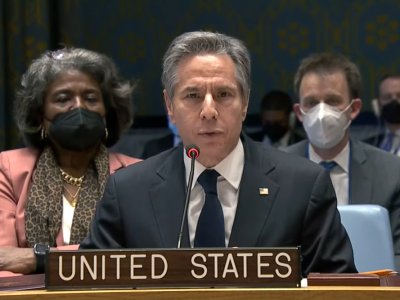India has been seeing a rise in the cases of vector-borne diseases in the last few years. Diseases that spread through the bites of insects such as mosquitoes, ticks, fleas, and so on are referred to as vector-borne diseases. In a tropical country like ours, such diseases get transmitted rapidly. That is why it is necessary that we develop adequate healthcare and equip ourselves with the financial requirement needed for the treatment of such diseases. Keeping this issue in mind, insurers now offer unique health insurance policy products for vector-borne diseases.
In this article, we take a look at 4 important things you should know about health insurance policies for vector-borne diseases.
#1 – Provides cover against seven vector-borne illnesses
Did you know that the state of Maharashtra alone had 14,907 cases of dengue in 2019? Terrifying, isn’t it? Dengue is one of the most common vector-borne diseases and is covered with six other such diseases under a vector-borne disease health insurance policy.
– Malaria
– Chikungunya fever
– Zika virus
– Kala-azar
– Lymphatic Filariasis
– Japanese Encephalitis
#2 – Lumpsum pay-out feature
The health insurance policy for vector-borne diseases works on a lump-sum basis. That is, in case you are diagnosed with a vector-borne disease and get hospitalized for the same for a period of around 48 hours, you will be paid the lump-sum amount. You may use this amount for all your hospitalization and other treatment expenses. The maximum sum insured can go as high as Rs 1 lakh.
It is better to opt for a higher sum insured as dengue treatment in India may cost anywhere between Rs 22,000 to Rs 75,000 depending on the severity of the disease.
#3 – Available as family plans too
The health insurance policy for vector-borne diseases is available on an individual basis as well as family floater basis. Under this policy, you can cover your spouse, children, siblings, parents, and parents-in-law. Children are quite prone to vector-borne diseases such as dengue or malaria as they go out to play during evenings when these vectors are most active. No matter how hard we try, it is very difficult to ensure that your house is protected against mosquitoes and other harmful vectors. Therefore, it is advisable to protect your entire family against the costs that may arise in case any of your family members gets diagnosed.
#4 – Eligibility criteria
Adults between the age of 18 to 65 years are eligible to get insured under this policy. As for children, the age range for cover starts from 91 days and stays up to around 23 years in a family floater plan. One great benefit of taking this health insurance policy is that the insured individuals do not have to undergo any medical check-up or tests before purchasing the policy.
Do remember that your regular health insurance policy will also work on an indemnity basis and cover you for vector-borne diseases as well. However, this specific vector-borne disease health insurance policy has certain added advantages like the lumpsum pay-out feature that may be of immense financial help in managing any urgent expenses. Hope this article has helped you. Read the latest post at The Asian Posts.


















Comments